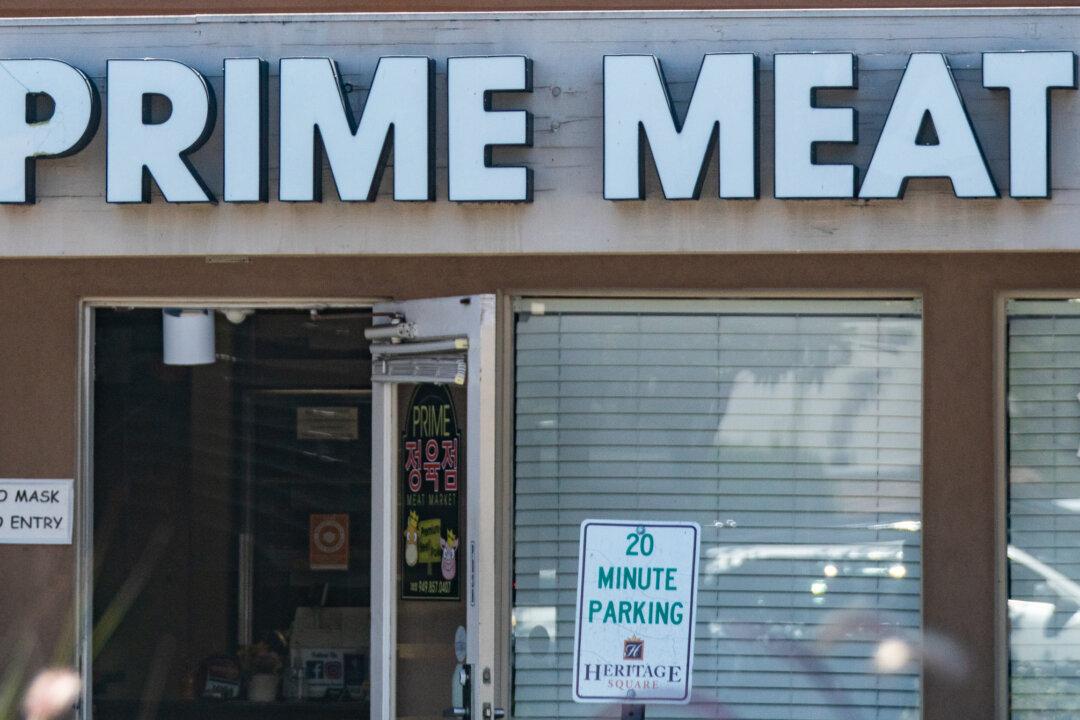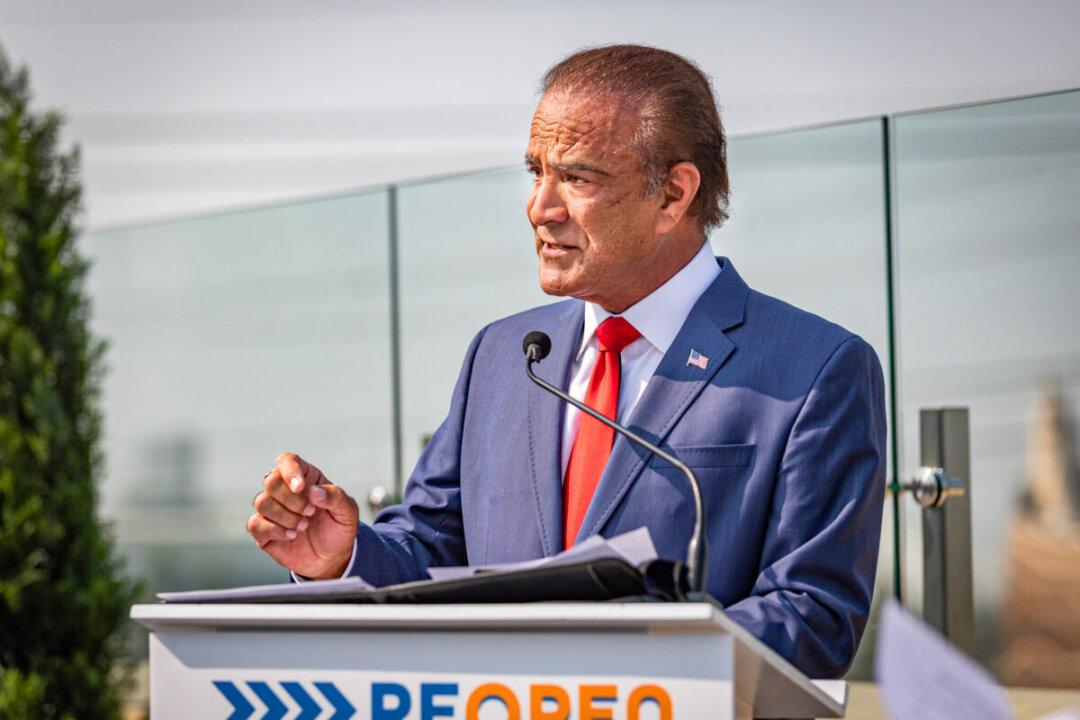California restaurants are preparing for potential bacon shortages beginning January 2022, when a new law to improve farm animal conditions that could cause a decline in pork supply goes into effect.
One of the first international pancake houses in Orange County, Pancakes R Us, foresees a costly impact on its menu prices.




